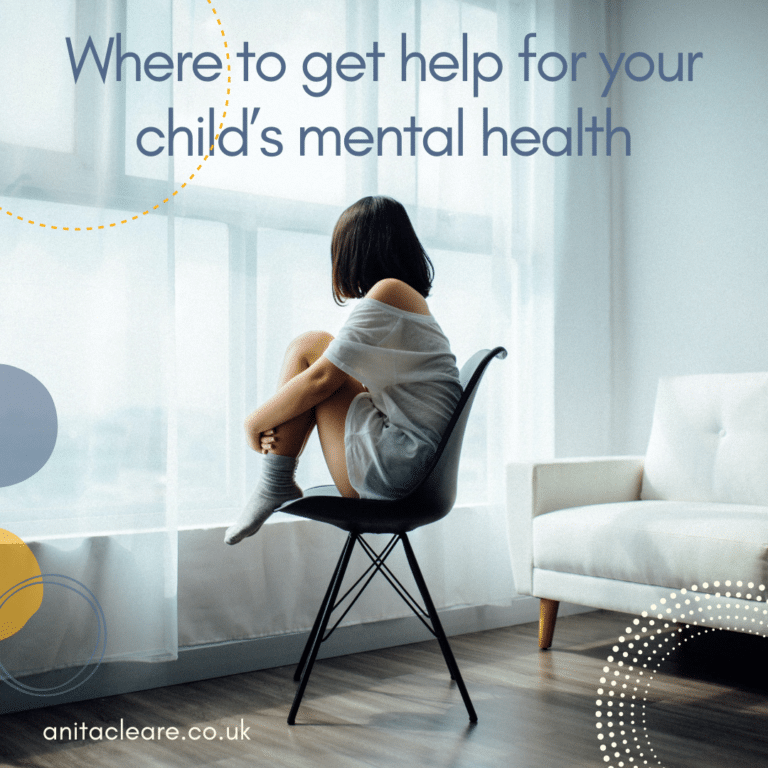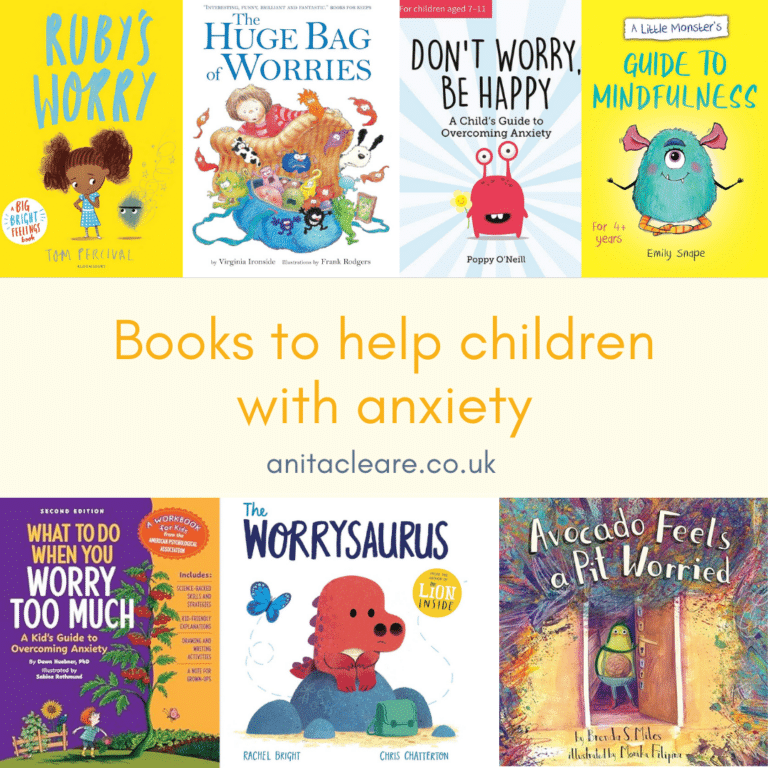How to talk to children about anxiety and stress
Learning how to talk to children about anxiety and stress in a way that they understand is a really useful skill for parents to learn. This quick 3-minute video talks about using imagery that appeals to your child to simplify what is happening in their brain when they feel stressed or anxious. This can really help them to understand their big emotional responses and learn what they can do to calm themselves down.
When children have anxiety, it impacts the whole family. It can be incredibly hard for parents to know what to say and how to help. And, without support, children’s anxiety often escalates or becomes entrenched. It’s normal for parents to feel frustrated, worried or distressed when children are struggling – but there are parenting strategies you can learn that will make a real difference to your child’s anxiety. Find out how we can help.
The longer video tutorial on self-soothe strategies mentioned here is available to download via this link.





